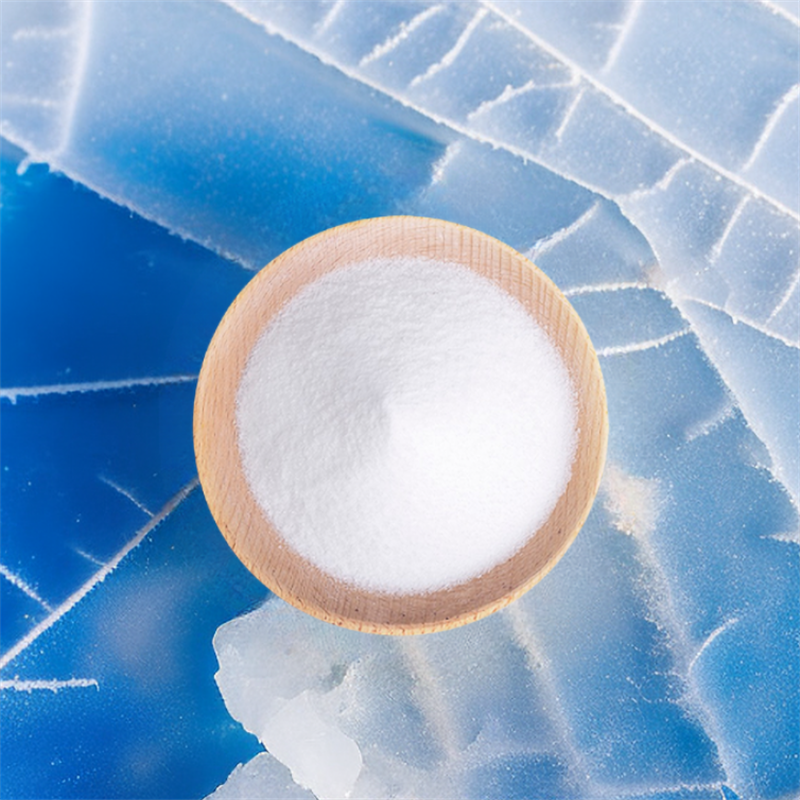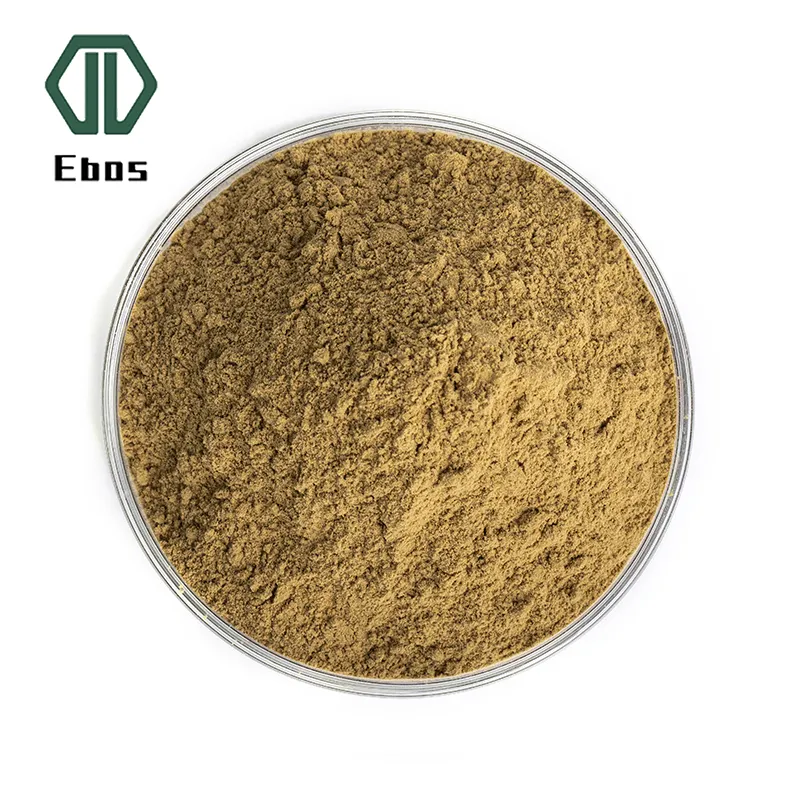When it comes to supporting immunity and overall well-being, a few nutrients deserve honorable mention. You, of course, have your old-school, well-known vitamins and minerals (vitamins C, D, and zinc, for example), but you also have relatively new powerhouse players on the scene, like quercetin.*
Quercetin, as you may know, is a bioactive plant compound found in many healthy foods (apples, onions, and tea, to name a few), but if you're planning on supplementing with the potent immunomodulator to receive a more concentrated dose, there's something you should know: Form does matter. Specifically, a form called "quercetin phytosome" reigns supreme.* Quercetin Histamine

A little refresher, just in case: Quercetin is a potent flavonoid (type of phytonutrient) found in a bunch of fruits, vegetables, nuts, and grains (here's our master list of quercetin-rich foods). In a high-quality supplement form, though, it's often derived from the dried flowers and buds of the Sophora japonica (or Japanese pagoda) tree. Read all about the plant-based powerhouse here.
As for the "phytosome" bit, the term simply translates to phyto (meaning "plant") and liposome (meaning "tiny lipid or fat particles" used as an effective method of nutraceutical and nutrient delivery; they're typically derived from lecithin phospholipids sourced from common fats like sunflower oil).
"[The] liposome is a bioavailability technology or tool to help chauffeur, if you will, an active (in this case, quercetin) into the body via the gut and into your cells to be used," mbg director of scientific affairs Ashley Jordan Ferira, Ph.D., RDN, explains on the mindbodygreen podcast.
Put simply: In supplement form, quercetin phytosome is superior for absorption and utilization in the body compared to regular ol' quercetin. "On its own, [quercetin] is poorly absorbed and not very bioavailable," Ferira adds.
Whereas quercetin phytosome is able to penetrate the cell membrane bilayer by strategically featuring hydrophilic (or water-loving) heads and hydrophobic (or water-resisting) tails—that way, the liposome-insulated bioactive (quercetin, in this case) can effectively shimmy its way inside. "Those heads are on the outside, and the tails are on the inside," Ferira continues. "[The cell] enrobes the quercetin molecule, ushering it into the gut for ease of absorption. And that is how [you] ensure that you're getting this potent powerhouse antioxidant."
Now that we know quercetin phytosome is the most innovative and best way to get this phytonutrient chauffeured into your gut, let's discuss what it does once it arrives:
Quercetin is a flavonoid, a supercharged class of antioxidants—which means it can help neutralize free radicals in the body to support a tempered inflammatory response.* In fact, one study published in the European Journal of Clinical Nutrition found that supplementing with quercetin helped lower levels of the inflammatory biomarker C-reactive protein (CRP).* "It's helping to bolster your antioxidant defenses on a daily basis," notes Ferira.*
Daily immunity shield to strengthen your body’s natural defenses, featuring quercetin phyotosome.*
Quercetin contributes to immune resilience through a few different paths.* First, its powerhouse antioxidant actions, plus it also has antiviral and anti-inflammatory properties to support the natural immune response.* Perhaps that's why Heather Moday, M.D., dubs it a "no-brainer for immune support."*
"Not to mention, quercetin acts as a zinc shuttle, getting zinc into cells," says Vincent Pedre, M.D., board-certified internist. Zinc is involved in the development and protection of immune cells in the innate and adaptive immune systems.* Meaning, not only can it support a balanced immune response itself—but quercetin can also help usher in other nutrients critical for immune function.*
Quercetin has the unique ability to help block histamine release, the main trigger for respiratory and sinus health issues. That's why, experts say, it's a popular phytonutrient for promoting respiratory health and sinus comfort.*
Quercetin also has some cardiovascular benefits: One meta‐analysis of randomized controlled trials found that supplementing with the plant powerhouse could help stabilize blood pressure.*
Due to its anti-inflammatory and antioxidant properties, quercetin can support cognitive performance, research has found.* Specifically, quercetin supports mitochondrial biogenesis (or the production of new mitochondria) in the brain, promoting cognitive health and function.*
Given quercetin's effects on mitochondrial biogenesis, the phytonutrient can also support longevity as well.* Your mitochondria, if you remember from grade school, are the "powerhouse of the cell," which means they supply energy to every single cell in your body—and experts say that tending to mitochondrial health is a great way to support healthy aging.*
Quercetin is one impressive plant bioactive. If you're planning to supplement with this phytonutrient, perhaps elect for quercetin phytosome to make sure you're absorbing it most effectively (so your body can use it best).*
Daily immunity shield to strengthen your body’s natural defenses, featuring quercetin phyotosome.*
Jamie Schneider is the Beauty Editor at mindbodygreen. She has a B.A. in Organizational Studies and English from the University of Michigan, and her work has appeared in Coveteur, The Chill Times, and more. In her role at mbg, she reports on everything from the top beauty industry trends, to the gut-skin connection and the microbiome, to the latest expert makeup hacks. She currently lives in Brooklyn, New York.
© 2009 - 2023 mindbodygreen LLC. All rights reserved.

Glutathione Diabetes * These statements have not been evaluated by the Food and Drug Administration. This product is not intended to diagnose, treat, cure or prevent any disease.